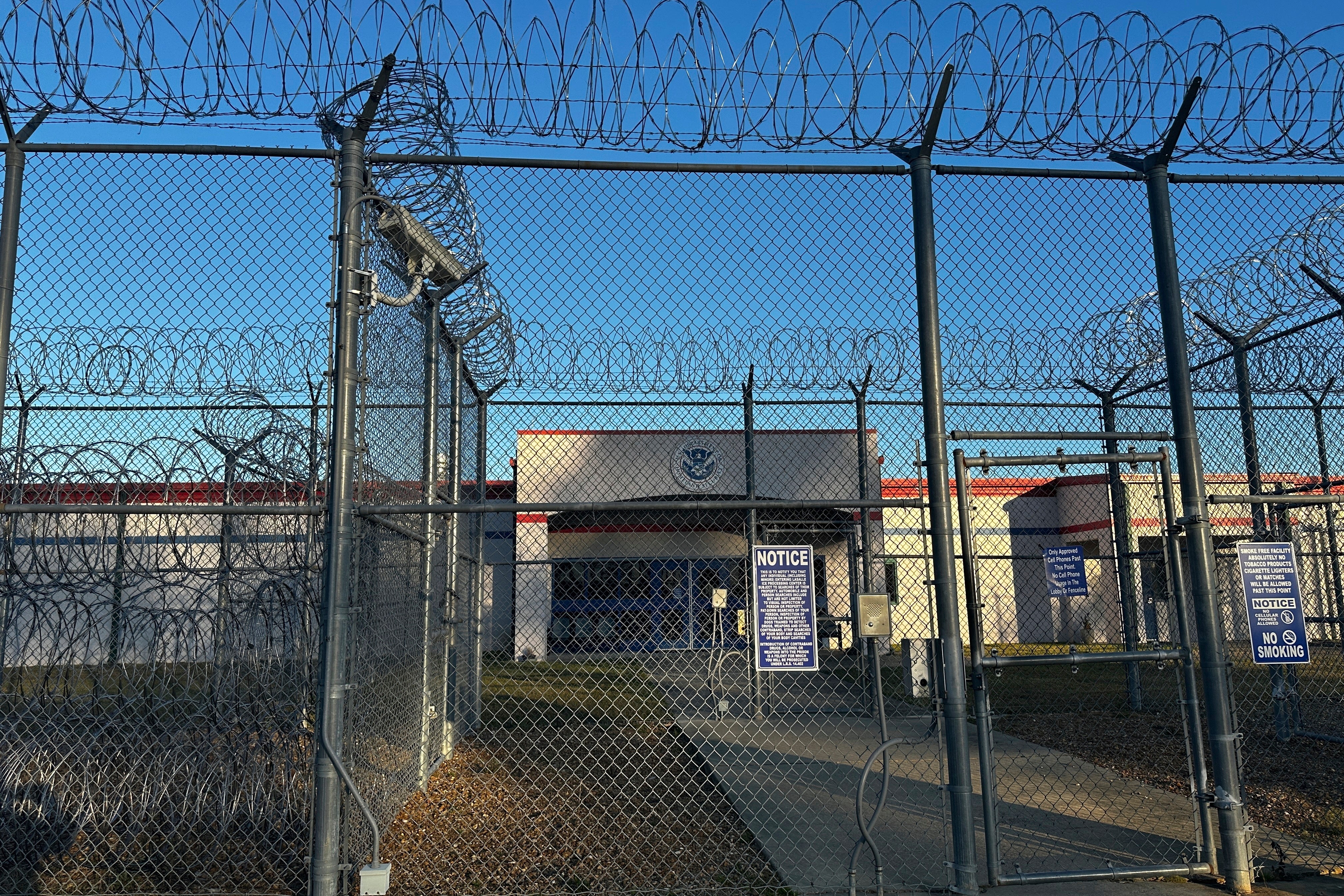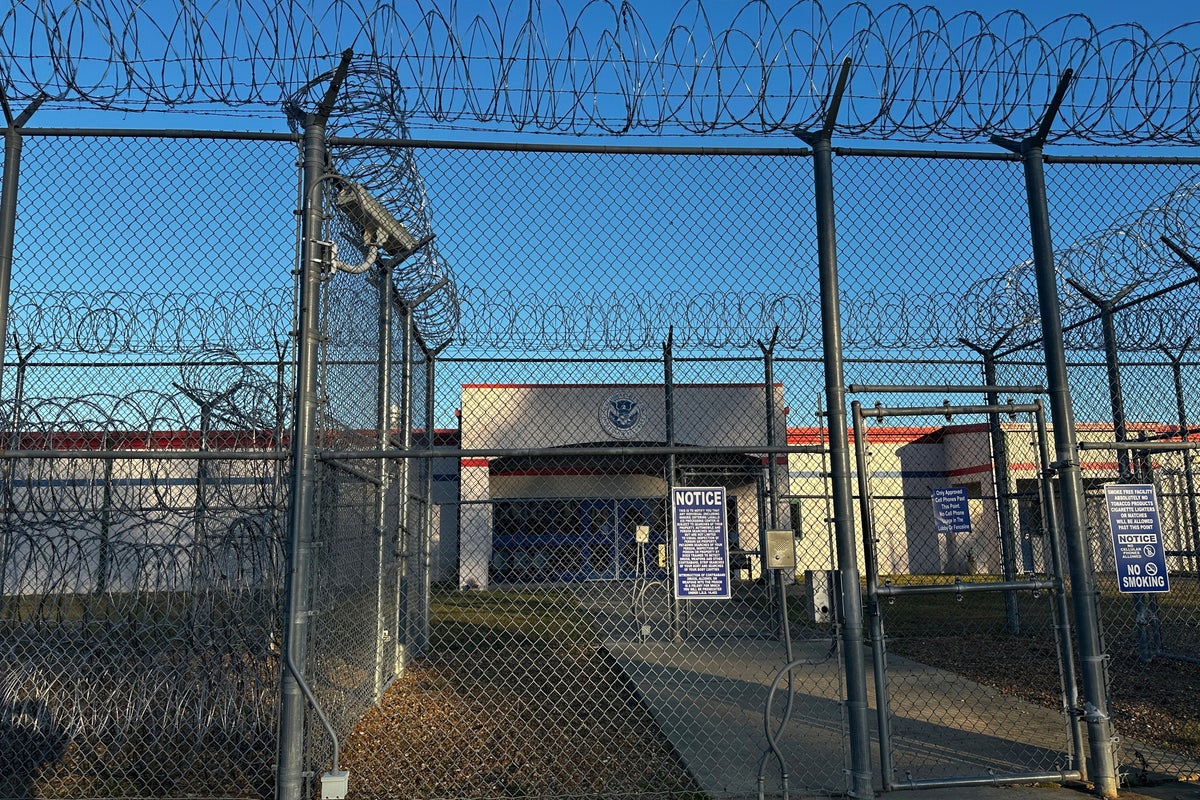ICE immigrant detention center detainees have been left without access to basic necessities after a third-party service software outage, according to a new report.
Access Corrections is one of several private vendors used by ICE. The company provides payment processing systems and communications to ICE’s detention facilities, and its software allows detainees to buy commissary items like food, hygiene supplies, and medicine.
But things have gone from bad to worse for the individuals ICE has whisked off the street to face an uncertain fate; Access Corrections’ services have apparently been a problem for some time, according to SFGATE.
One man who was detained at ICE’s Desert View Annex in the Mojave Desert told the outlet that he was kept imprisoned for 50 days, and during that time had to rely on the kindness of other detainees for basic items after his his wife’s numerous attempts at sending him money were stifled by software problems.
In Maine, a nonprofit group called Mainers for Humane Immigration said they tried to deposit money for detainees, but were also thwarted by computer issues.

“We called to ask if we could go to CCJ [Cumberland County Jail] and deposit money through the kiosk, nope, that’s down too,” the group wrote in a Facebook post. “I asked about money orders, and they said all commissary is tied to Access Corrections, which means no one inside can access any funds at all right now.”
The man who had to rely on other detainees’ generosity told SFGATE that he lost nearly 30 pounds while he was in captivity, not just because he didn’t have access to money, but also because the food, as he put it, was “inedible.”
“The food provided by the detention center was inedible,” he told the publication. “The only thing I could manage to eat was instant noodles, which you can only buy from the commissary.”
Since Access Corrections is a company and not a public entity, it exists to make a profit, and it does so in part by charging fees to families and others who want to send money to the detainees. For example, at the Imperial Regional Detention Facility in Calexico, SFGATE learned that to deposit $25 for a detainee, it costs the sender $9.95 — essentially a 40 percent surcharge for a reportedly spotty service.
To send the maximum deposit of $300 would cost the sender a $13.95 surcharge. The charges are lower for smaller transactions, like just under $7 for a $20 transfer, but that means that families who can’t afford to dump hundreds of dollars at a time into the system are charged at a higher rate than those with the means to do so.
Even when the system does work, it doesn’t necessarily mean families can effectively navigate ICE’s systems. Administrative errors — like misspelled names — can limit how families interact with their detained loved ones.
When detainees are released, they are given the remaining balance of the money deposited for them, which is often money they’ll need to find transportation home.
“I feel like animals are treated better than how we were treated,” the man detained in the Mojave Desert told SFGATE.
The Independent has requested comment from Access Corrections and ICE.



